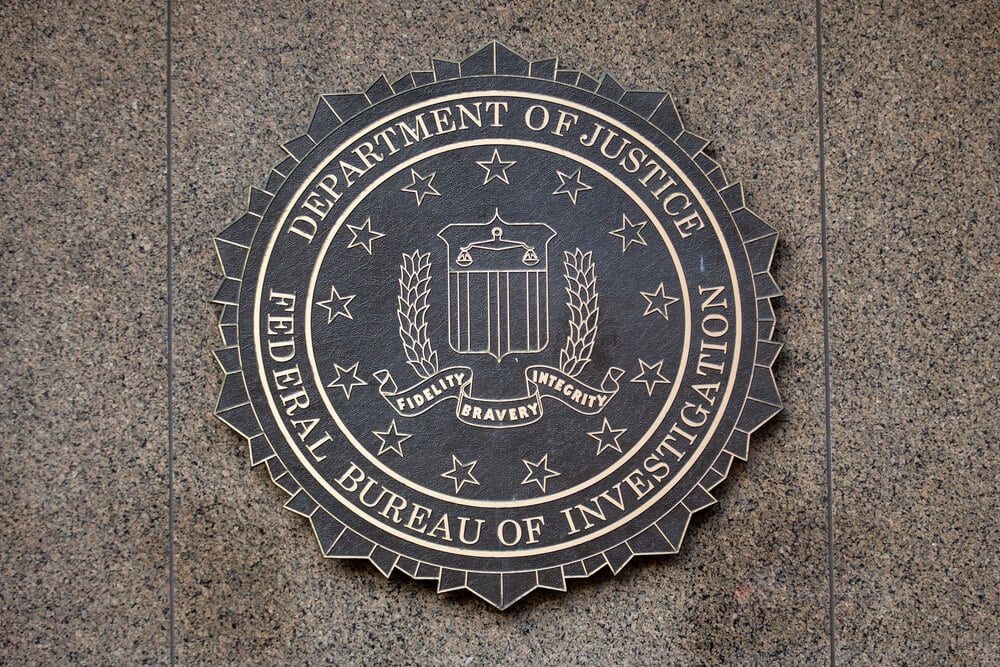Feds Miss out on $600 Million Payday in Silk Road Bitcoin Auction

The U.S. Department of Justice recently claimed the proceeds from the sale of 144,336 bitcoins found in Ross Ulbricht’s laptop, gained from Silk Road’s seizure in 2013. Claiming the proceeds took a couple of years, and netted the government little over $48 million. The government’s release reads:
“These Bitcoins were ultimately sold by the United States Marshals Service pursuant to Court order for $48,238,116.”
The government had already sold the bitcoins back in 2014 and 2015 in a series of auctions, but alleged Silk Road creator Ross Ulbricht, who operated the “Dread Pirate Roberts” (DPR) account in the notorious marketplace, repeatedly challenged the legality of the forfeiture and stopped the government from getting its hands on the money.
Ulbricht recently decided to drop his claims , according to the office of Acting U.S. Attorney for Manhattan, Joon H. Kim. Proceeds of $48.2 million from the sale of 144,336 bitcoins mean that the government sold the cryptocurrency at an average price of $334. Had the government sold the bitcoins now, it would make over $600 million, as one bitcoin is trading at $4,231.29 at press time.
When contacted by CNBC about missing out on over $550 million, Justice Department spokeswoman Dawn Dearden stated that the U.S. Marshals don’t look for investment opportunities and that there was no reason for them to hold onto the bitcoins while waiting for their value to go up.
On the other hand, founder and managing director of Draper Fisher Jervetson Tim Draper, who won the U.S. Marshals’ first bitcoin auction and bought nearly 30,000 BTC – and an additional 2,000 BTC in a subsequent auction – might have already made over $110 million from the auction, if he held on to the bitcoins he purchased.
Silk Road’s controversial case
The Silk Road case is an extremely controversial one, as previously covered by CCN.com someone reportedly logged in to the DPR account after Ross Ulbricht’s arrest, implying someone else had access to it.
Moreover, it’s never been clarified how the FBI got to Ross Ulbricht in the first place, nor how the agency discovered Silk Road’s servers. Ulbricht’s decision to challenge the bitcoin seizure came, partly, because two corrupt former agents, Shaun Bridges and Carl Force IV working on the Silk Road case stole hundreds of thousands worth of bitcoin.
Earlier this year, Ross Ulbricht’s appeal of a life sentence was denied by the U.S. District Court of Appeals, as circuit judges did not agree that his claims that the district court erred in denying his motion to suppress evidence, that the court denied him a right to a fair trial, amotion for a new trial, and that his sentence is procedurally and substantially unreasonable.
Lyn Ulbricht, Ross Ulbricht’s mother, has in the past sounded the alarm against government abuse in the digital age. After questioned evidence used to lock up Ross, she notably stated:
“It’s the nature of digital evidence that it’s easily changed, planted or deleted without a trace. That my son—or anyone—would get a life sentence without parole based on vulnerable digital evidence, especially when it’s been corrupted, is a travesty of justice.”